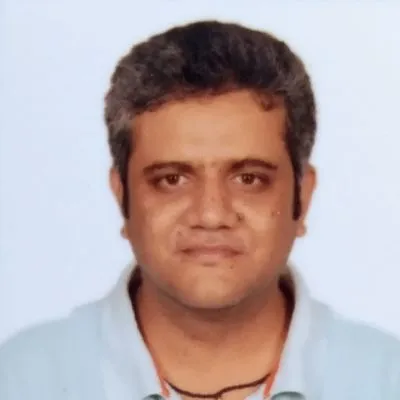Shah targets Cong, its allies: Important to keep alive memories of Emergency, the challenge to democracy
Recalling that 1.1 lakh people were imprisoned during the 21-month Emergency, Amit Shah attacked the Congress and its allies while speaking in New Delhi on Tuesday.
 Amit Shah described the imposition of Emergency as a conspiracy to turn a multi-party democracy into the dictatorship of an individual. (Express photo by Partha Paul)
Amit Shah described the imposition of Emergency as a conspiracy to turn a multi-party democracy into the dictatorship of an individual. (Express photo by Partha Paul) Targeting the Congress and its allies for “raising questions about democracy and the Constitution”, Union Home Minister Amit Shah, speaking in New Delhi Tuesday on the eve of 50 years of the imposition of Emergency, said it is necessary that memories of the Emergency do not fade away, so that the youth are able to recall this challenge to democracy.
He said a book by Prime Minister Narendra Modi on the theme would be released Wednesday.
Recalling that 1.1 lakh people were imprisoned dinuring the 21-month Emergency, Shah attacked the Congress and its allies. “There are those who talk about the Constitution. Which party do they come from? At 8 am, Indira Gandhi announced the Emergency on AIR. Was the Cabinet consulted? Was the Opposition consulted?” he said, adding, “Today there are those with the Congress who were in jail during the Emergency. Be it Samajwadi or DMK. Today they are sitting with the Congress and raising questions about democracy and the Constitution.”
He said during the Emergency, many careers took surprising turns and also ended. But that fight kept Indian democracy alive, he said.
“We won the fight because the people of our country can never accept dictatorship. Our country has been the mother of democracy. Citizens would not have liked the Emergency, I am sure,” he said.
He said the night of June 25, 1975 was the longest as well as the shortest night of independent India. “The dawn of the night of June 25 came 21 months later. Our Constitution was made in more than two years, but the kitchen cabinet cancelled it in one minute. It was the longest night as well as the shortest night of the country.”
Describing the imposition of Emergency as a conspiracy to turn a multi-party democracy into the dictatorship of an individual, Shah said, “Just imagine the moment when you became subjects of a tyrant within a day. You were a journalist or a student but suddenly became a danger to the country.”
Recalling the period of Emergency in Gujarat when he was just 11 years old, Shah said it hit hard a year later than the rest of the country when the Janata government was dismissed. “As many as 184 people from my village were sent to jail,” he recalled.
“When the Supreme Court said that Indiraji could not vote in Parliament, she used provisions of the Constitution to destroy the Constitution,” he said. “There was no danger to the country. Her post was in danger. So, she imposed the Emergency. She called a Cabinet meeting early in the morning and the Cabinet was told about it.”
“Democratic rights were ended and powers of the judiciary were reduced. That is why we have decided to observe the Samvidhan Hatya Diwas,” he said.
“There were 4,000 MISA detenus in Tihar Jail while the capacity was just 1,200. One-crore forced sterilisations were done. I remember Lata Mangeshkar singing also for Kishore Kumar, as the latter was banned,” he said.
He recalled when Jayaprakash Narayan was arrested, he said, “Vinash Kale Vipreet Buddhi.” JP also wrote to Indira Gandhi that she was taking wrong decisions to justify her wrong actions, he said.
Recalling the happiness of people in Gujarat when Indira Gandhi and Sanjay Gandhi were defeated in the 1977 elections, Shah said, “The Congress lost its former heft after the Emergency. This is a lesson for political parties: whatever the ideology, the aim is to make the country great. The mindset that there should be only one ideology, that only I am correct, will not work.”
Underlining that democracy was intrinsic to India, he said the Constitution just articulated the country’s national democratic thoughts into the founding document of the state.
“Democracy was born in our country. We had republics like Vaishali. Our Constitution is a creation of this intrinsic nature of our country. The roots of our democracy are so deep that any dictator wanting to destroy it will only damage his own future,” he said.
Asserting that people, and not just institutions, have the duty to defend democracy, he exhorted the youth to read the Shah Commission report as “it will inspire them to stand like JP against any threat to democracy”.






